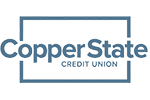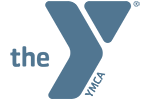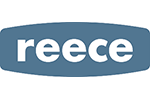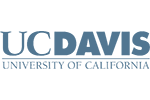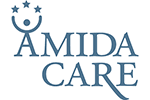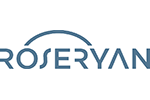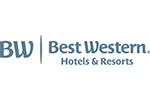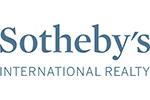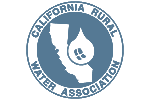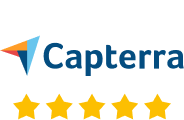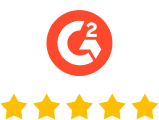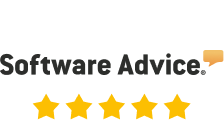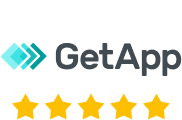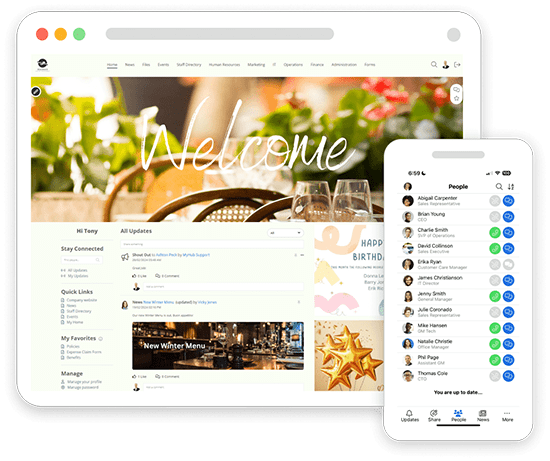
Instant access to important information
Finding and accessing information today should be a breeze, but in many cases, it’s not. Your team will be wasting time looking for files and searching outdated content to complete their jobs. Intranets were supposed to solve this problem, but they’re difficult to maintain and keep up to date.
Enter MyHub. MyHub is an intranet platform designed to help your team connect to content, knowledge, and each other. Imagine a modern intranet with built-in tools to keep everybody updated and productive.
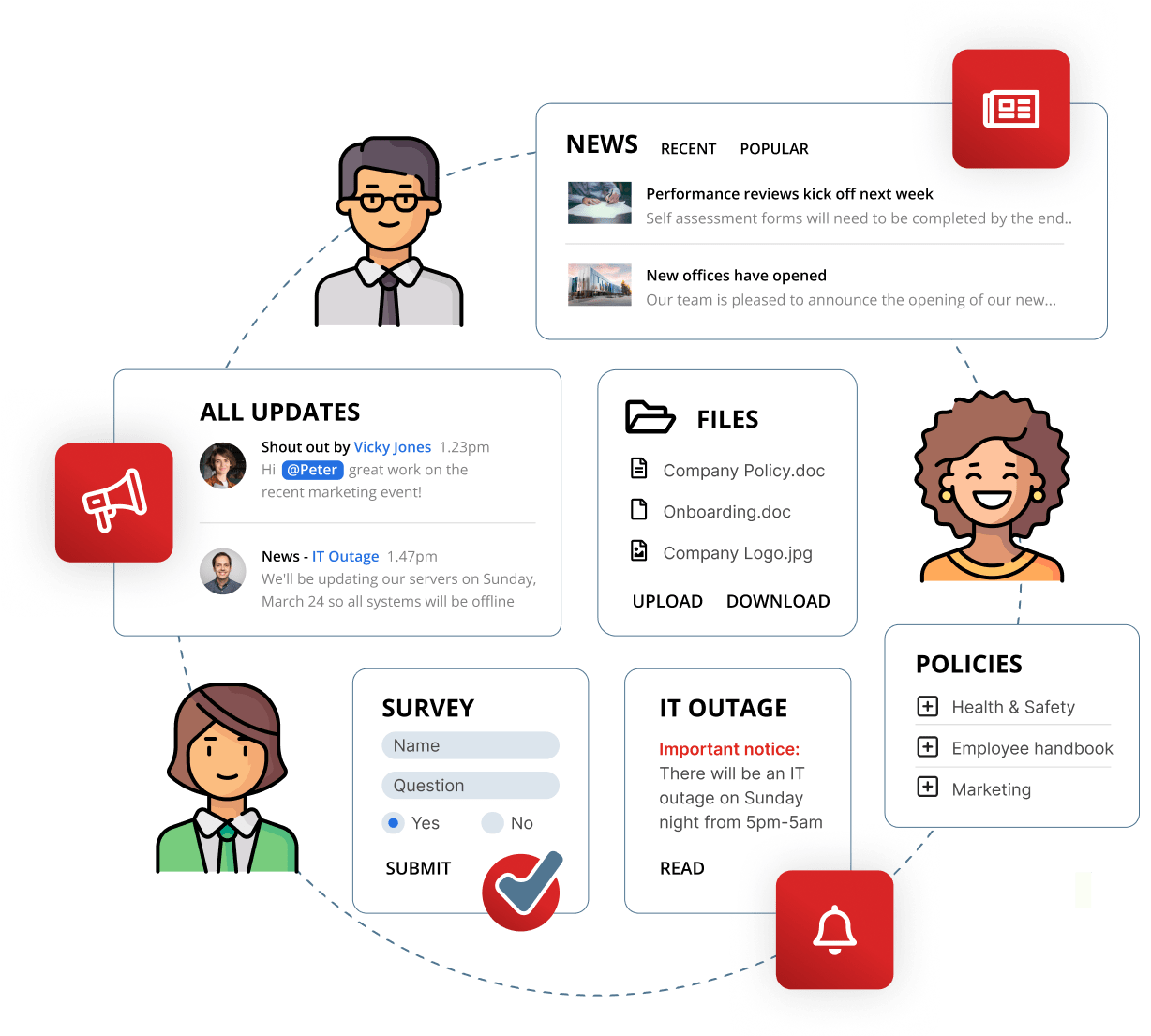
Benefits at a glance
Publish information quickly and easily
Find documents in no time at all
Transform your intranet with integration
Streamline your workflow and reduce administrative tasks with our integrations. Easily connect to your everyday apps and manage users effortlessly from your intranet. Explore now >
One place to access critical information
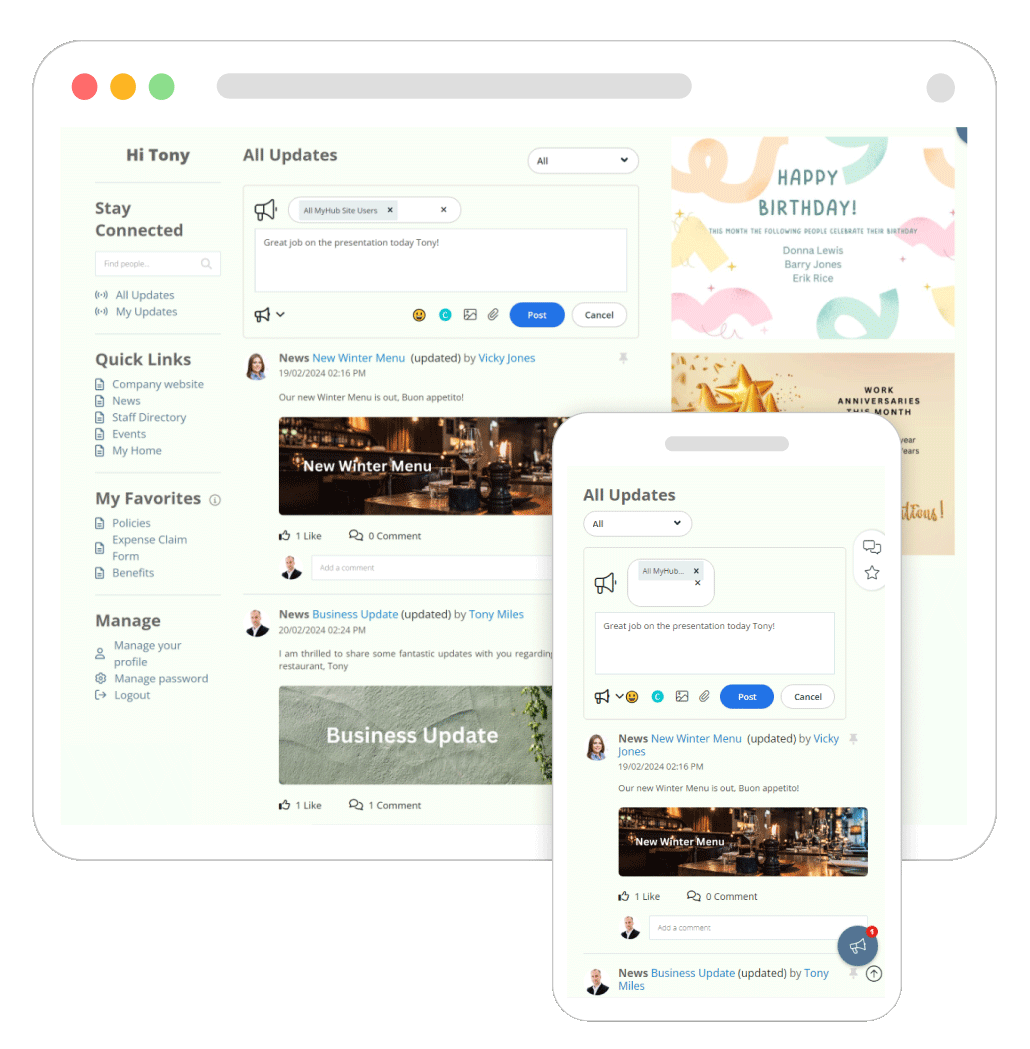
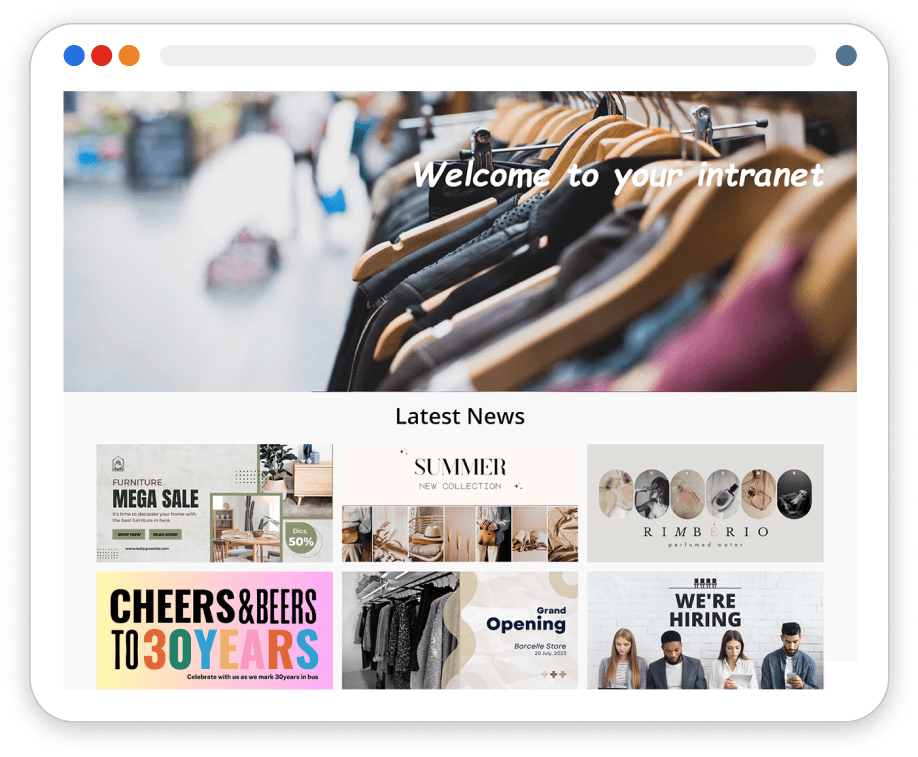
Create an intuitive and beautiful intranet
Delivering a beautiful functioning intranet is now easier with MyHub’s integration with Canva. Images and designs sourced from Canva can be used alongside other content types, from PDFs to videos, to enhance your intranet’s appeal.
Simplify the publishing and sharing of critical information while making your intranet visually stunning.
Book a demo today to discover how effortless it is to create an intranet you’ll be proud of.

Best Western are now more productive than ever
Quick and easy access to your intranet in your pocket
The most essential employees in any business are the ones on the road, often doing the ‘real’ work. So giving these team members information at the right time can materially move productivity. That’s where our mobile app comes in.
Not everybody has a desk job, but they have a mobile device. So when your team needs quick access to information, wherever they are, our mobile app is the first place to go.
The mobile app will enhance how your team works, giving a seamless experience across all devices and providing employees with the same level of access, whether in the office or out and about.
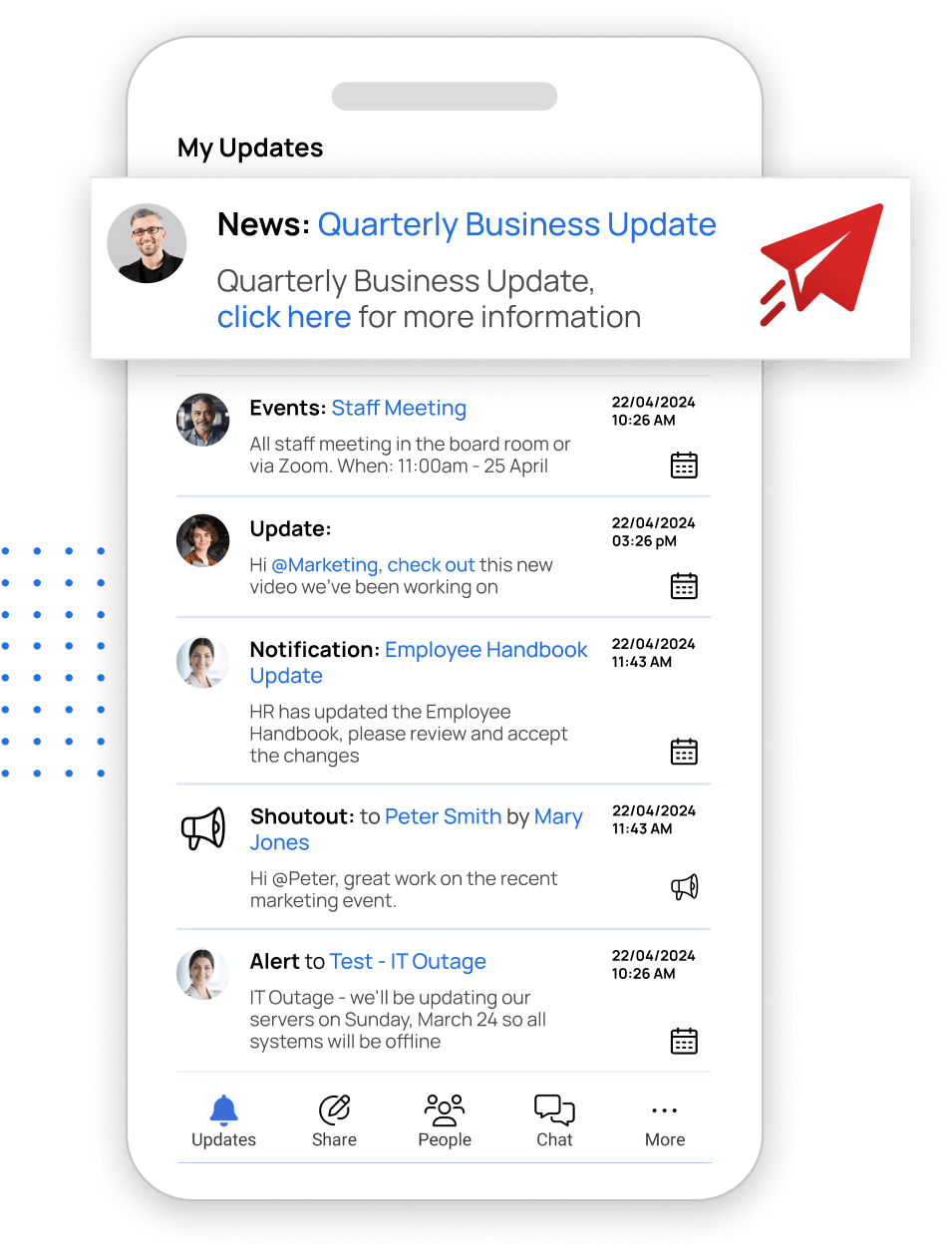
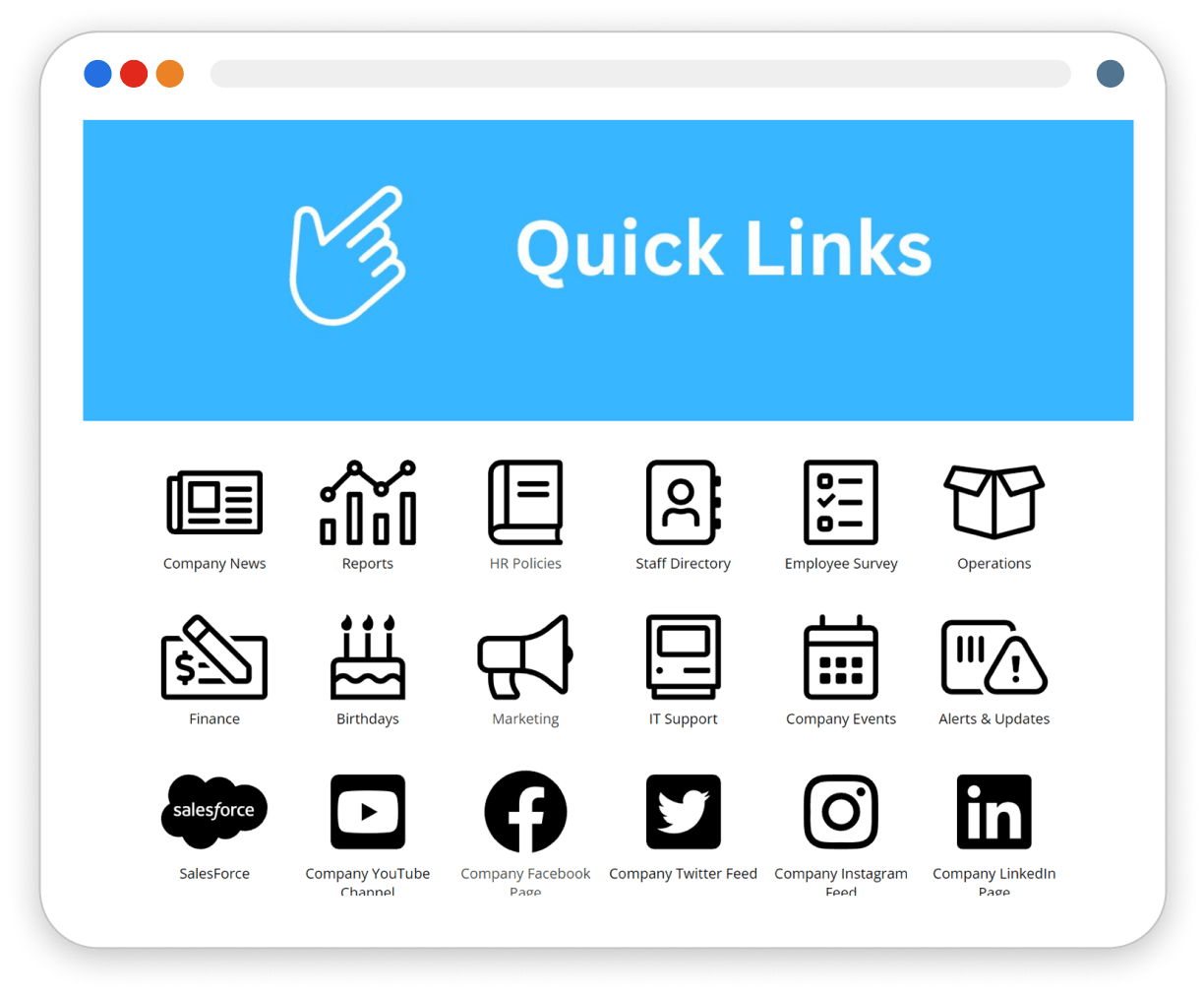
Some interesting articles you may like…
Ethics In The Workplace: All You Need To Know
In today’s business landscape, workplace ethics have become a cornerstone of organizational success. The article delves into the concept of workplace ethics, defining them as the moral guidelines that shape a company’s culture and influence employee behavior. These ethics are molded by various factors, including legislation, industry regulations, and societal expectations, emphasizing values like fairness, accountability, and integrity.
The blog highlights practical examples of ethical practices within organizations, such as compliance with health and safety regulations, anti-discrimination policies, anti-harassment procedures, and guidelines on corporate gifts and fraud prevention. It also points out that many companies engage in ethical sourcing, implement green workplace practices, and contribute to charitable causes, even if these efforts aren’t formally recognized or labeled as ethical initiatives.
Emphasizing the significance of ethics, the article notes that organizations with strong ethical foundations benefit from motivated workforces, increased productivity, and enhanced reputations. Employees in such environments feel respected and aligned with the company’s purpose, leading to superior customer service and smoother operations. Ultimately, fostering a culture of ethics not only boosts morale but also contributes to the organization’s bottom line.
15 Top Tips To Improve Information Cascade In Your Organization
Effective communication is the backbone of any successful organization. The concept of information cascade refers to the structured dissemination of critical information from top-level management down through various levels of the organization. This process ensures that all employees receive consistent and accurate messages, fostering trust and alignment across teams.
The blog post outlines 15 practical tips to enhance the information cascade process. These include developing a clear communication plan, identifying the cascade process, utilizing multiple communication channels, and ensuring managers are well-equipped to convey messages effectively. Emphasis is placed on the role of line managers, who serve as vital links between leadership and frontline employees, interpreting and relaying information in a relatable manner.
By implementing these strategies, organizations can minimize misunderstandings, reduce misinformation, and promote a culture of transparency. A well-executed information cascade not only keeps employees informed but also engages them in the organization’s mission and goals, leading to improved morale and productivity.
5 Employee Life Cycle Stages And Why They Matter
In today’s competitive job market, understanding the employee life cycle is crucial for organizations aiming to attract and retain top talent. The life cycle encompasses five stages: Attraction, Onboarding, Development, Retention, and Exit. Each phase plays a significant role in shaping the employee experience and, by extension, the overall health of the organization.
The Attraction stage involves building a strong employer brand to draw in potential candidates. Onboarding ensures new hires are integrated smoothly, setting the tone for their journey within the company. Development focuses on providing growth opportunities, while Retention emphasizes keeping employees engaged and satisfied. Finally, the Exit stage, when managed effectively, can offer valuable insights for organizational improvement.
Optimizing each stage of the employee life cycle not only enhances employee satisfaction but also contributes to better team cohesion and customer experiences. By proactively managing these phases, organizations can foster a more engaged workforce, leading to increased productivity and long-term success.
Employee Profiles: How To Improve Your Employer Brand
In today’s competitive job market, a strong employer brand is crucial for attracting and retaining top talent. The blog post emphasizes the role of employee profiles in showcasing company culture and humanizing the workplace. By highlighting individual stories and achievements, organizations can create a more relatable and appealing image to potential candidates.
Employee profiles serve as more than just introductions; they are tools for fostering internal connections and collaboration. By providing insights into colleagues’ backgrounds, skills, and interests, these profiles break down silos and encourage cross-departmental communication. This interconnectedness leads to a more cohesive and productive work environment.
Implementing comprehensive employee profiles also supports remote and hybrid work models by maintaining a sense of community and visibility. The blog provides practical tips for creating effective profiles, such as including personal anecdotes, professional milestones, and multimedia elements. By investing in well-crafted employee profiles, companies can enhance engagement, collaboration, and their overall employer brand.
Sharing Knowledge In The Workplace: Unlock Your Team’s Potential
In today’s dynamic work environment, the adage “knowledge is power” holds true, but only when that knowledge is shared. The blog post emphasizes the significance of cultivating a knowledge-sharing culture within organizations, especially in the wake of challenges like the Great Resignation. By encouraging the exchange of information, ideas, and experiences among employees, companies can unlock their workforce’s full potential.
The article distinguishes between explicit knowledge—documented information like policies and manuals—and tacit knowledge, which encompasses the hands-on experience and insights employees gain through their roles. While explicit knowledge is easier to capture, tacit knowledge requires deliberate efforts to share, often through mentorship and collaborative practices.
Implementing a knowledge-sharing culture offers numerous benefits: it boosts productivity by reducing repeated mistakes, preserves institutional knowledge amid employee turnover, enhances customer experiences through informed service, and bridges gaps for remote workers by keeping them connected to organizational insights. The blog provides actionable strategies to foster such a culture, ensuring that valuable knowledge remains within the organization and is effectively utilized.
Employee Offboarding: How To Ensure An Effortless Exit
Employee offboarding is a critical yet often overlooked phase in the employee lifecycle. While organizations typically invest heavily in onboarding, the departure process can be inconsistent, leading to potential risks such as security breaches, loss of institutional knowledge, and negative impacts on company reputation. The MyHub blog post emphasizes the importance of a structured offboarding process to mitigate these challenges.
The article outlines key components of effective offboarding, including the return of company assets, deactivation of system access, knowledge transfer, and conducting exit interviews. It highlights how a well-executed offboarding strategy not only safeguards the organization but also leaves a positive impression on departing employees, who may become brand ambassadors or even return as “boomerang” employees in the future.
To assist organizations in implementing a seamless offboarding process, the blog provides a customizable checklist covering all essential steps. By following these guidelines, companies can ensure compliance, maintain security, and uphold their employer brand during transitions.
Employee Onboarding – The Best Practice Guide
Effective employee onboarding is crucial for integrating new hires into an organization, ensuring they feel welcomed, informed, and prepared to contribute. A well-structured onboarding process goes beyond mere orientation, encompassing comprehensive training, clear communication of roles and expectations, and fostering connections within the team.
The blog post emphasizes the significant impact of onboarding on employee retention and performance. Citing studies that show structured onboarding leads to higher retention rates and faster achievement of performance milestones, it underscores the importance of investing time and resources into this process.
To optimize onboarding, organizations should focus on clear communication, provide necessary resources and training, and create opportunities for new employees to build relationships within the company. By doing so, businesses can enhance employee satisfaction, reduce turnover costs, and build a more cohesive and productive workforce.
Connected Workplaces: How To Connect Your Hybrid Workplace
In today’s evolving work landscape, hybrid models have become the norm, blending remote and in-office work. The blog post delves into the concept of connected workplaces, emphasizing the importance of integrating technology and fostering personal connections to ensure seamless collaboration and communication among distributed teams.
Connected work isn’t solely about digital tools; it’s about creating an environment where employees feel engaged and part of a cohesive team, regardless of their physical location. The article highlights the challenges remote workers face, such as feelings of isolation, and offers solutions to bridge these gaps through effective communication channels and inclusive practices.
To build a truly connected workplace, organizations must prioritize two-way communication, leverage digital platforms for collaboration, and nurture a culture that values every team member’s contribution. By doing so, businesses can enhance productivity, foster innovation, and ensure employee well-being in a hybrid work setting.
Water Cooler Talk: Meaning, Benefits, Topics
Water cooler talk—those casual, spontaneous conversations between colleagues—has long been a staple of office life. But beyond friendly small talk, these informal chats deliver serious workplace benefits. From improving employee wellbeing to boosting collaboration and retention, the value of water cooler moments is undeniable. And in the age of hybrid work, keeping this cultural element alive has become both a challenge and a necessity.
This comprehensive guide by MyHub dives deep into the power of water cooler conversations, outlining their positive impact on company culture, innovation, and employee engagement. It covers everything from suitable discussion topics to what to avoid, and explains how light, social chats help build trust, reduce stress, and even enhance productivity.
For remote and hybrid teams, the post offers six actionable strategies to recreate the magic of water cooler talk in virtual spaces. From informal Slack channels and team video calls to random meetups and virtual coffee breaks, companies can use digital tools to foster connection—no matter where employees are based.


